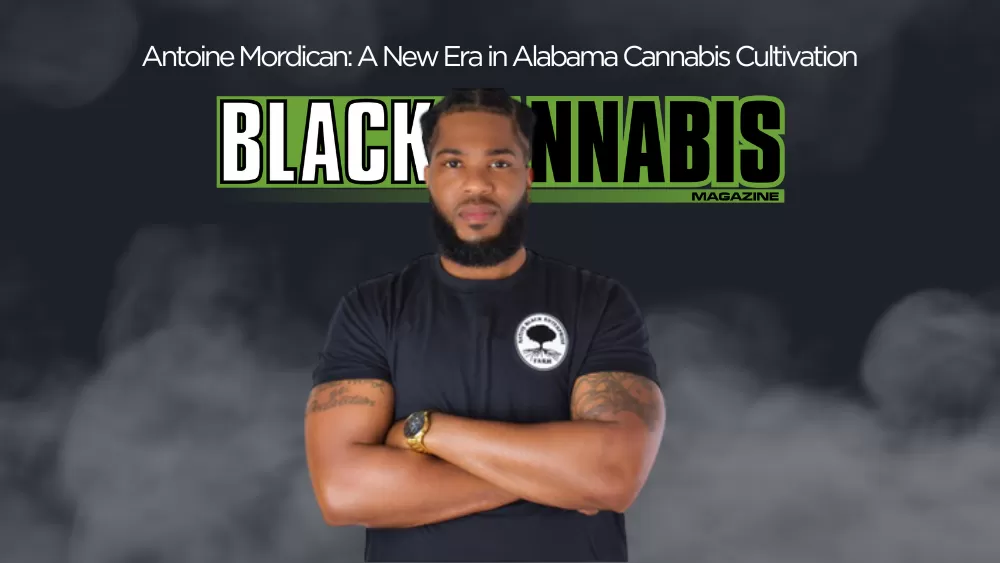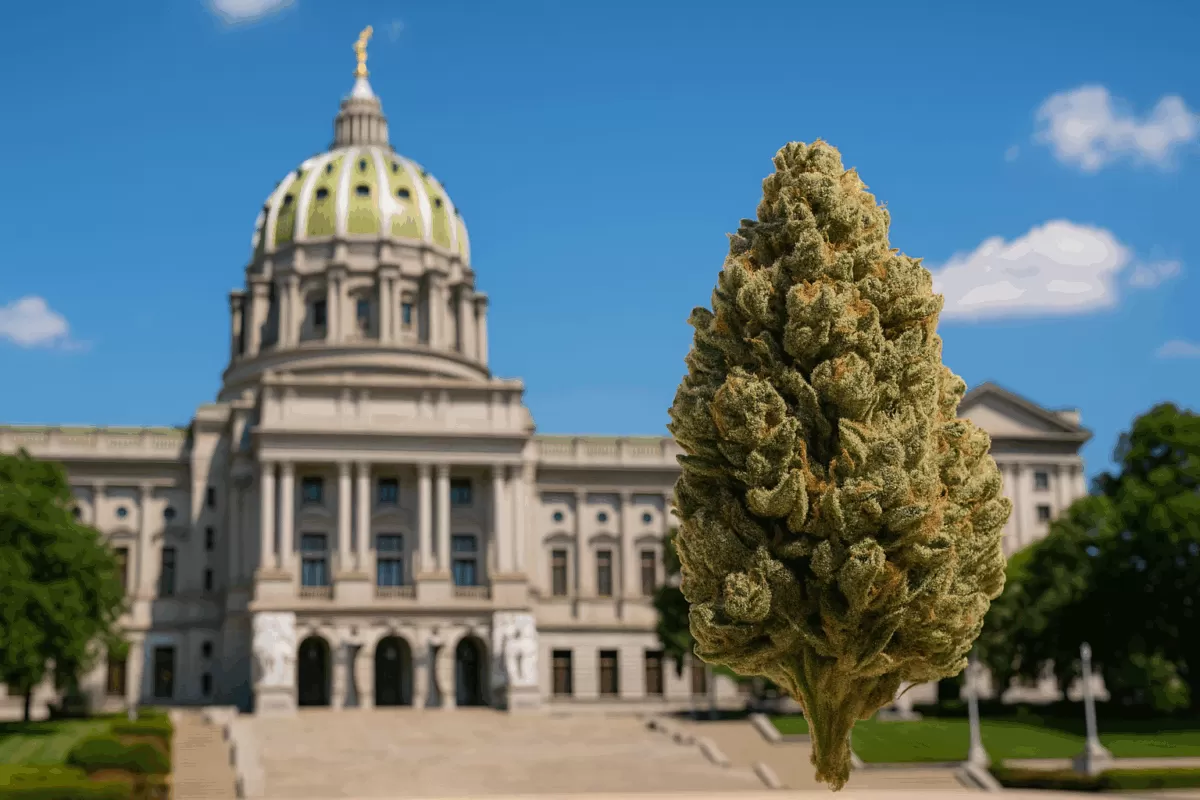Introduction
The Alabama Medical Cannabis Commission’s recent decision to award medical cannabis licenses to 21 entities has marked a significant turning point in the state’s approach to medical cannabis. Among the recipients is Antoine Mordican, the dynamic CEO of Native Black Cultivation, whose journey to this point paints a vivid picture of resilience, innovation, and commitment to community.
A Farmer, Engineer, and Advocate
Mordican’s multifaceted identity as a farmer, engineer, and advocate has uniquely positioned him within Alabama’s evolving cannabis landscape. Since 2020, Mordican has been at the forefront of hemp farming, bringing a fresh perspective to the industry. His background, originating from the west side of Chicago and moving to Alabama for education, blends urban insights with rural expertise.
Overcoming Challenges
Mordican’s path to securing a cannabis cultivator license wasn’t without hurdles. In the initial rounds, Native Black Cultivation faced setbacks due to residency requirements. Demonstrating adaptability, Mordican restructured the ownership to align with the Alabama Medical Cannabis Commission’s criteria, a move that speaks to his determination and strategic thinking.
A Voice for Minority Participation
Native Black Cultivation’s success is more than just a personal victory for Mordican; it’s a win for minority representation in the cannabis industry. Mordican’s advocacy for diverse participation resonates deeply in a sector where such representation is crucial but often lacking. His efforts underscore the importance of inclusive practices in emerging industries.
The Future of Cannabis in Alabama
With the awarding of the cannabis cultivator license, Mordican and Native Black Cultivation are set to become key players in Alabama’s medical cannabis scene. Their commitment to quality cultivation and community involvement positions them as a model for future licensees.
Conclusion
Antoine Mordican’s journey to obtaining a cannabis cultivator license is a testament to perseverance, innovation, and the drive for inclusive representation in the cannabis industry. As Alabama embarks on this new chapter, Mordican and Native Black Cultivation stand as beacons of what can be achieved with dedication and a vision for a more inclusive future.












